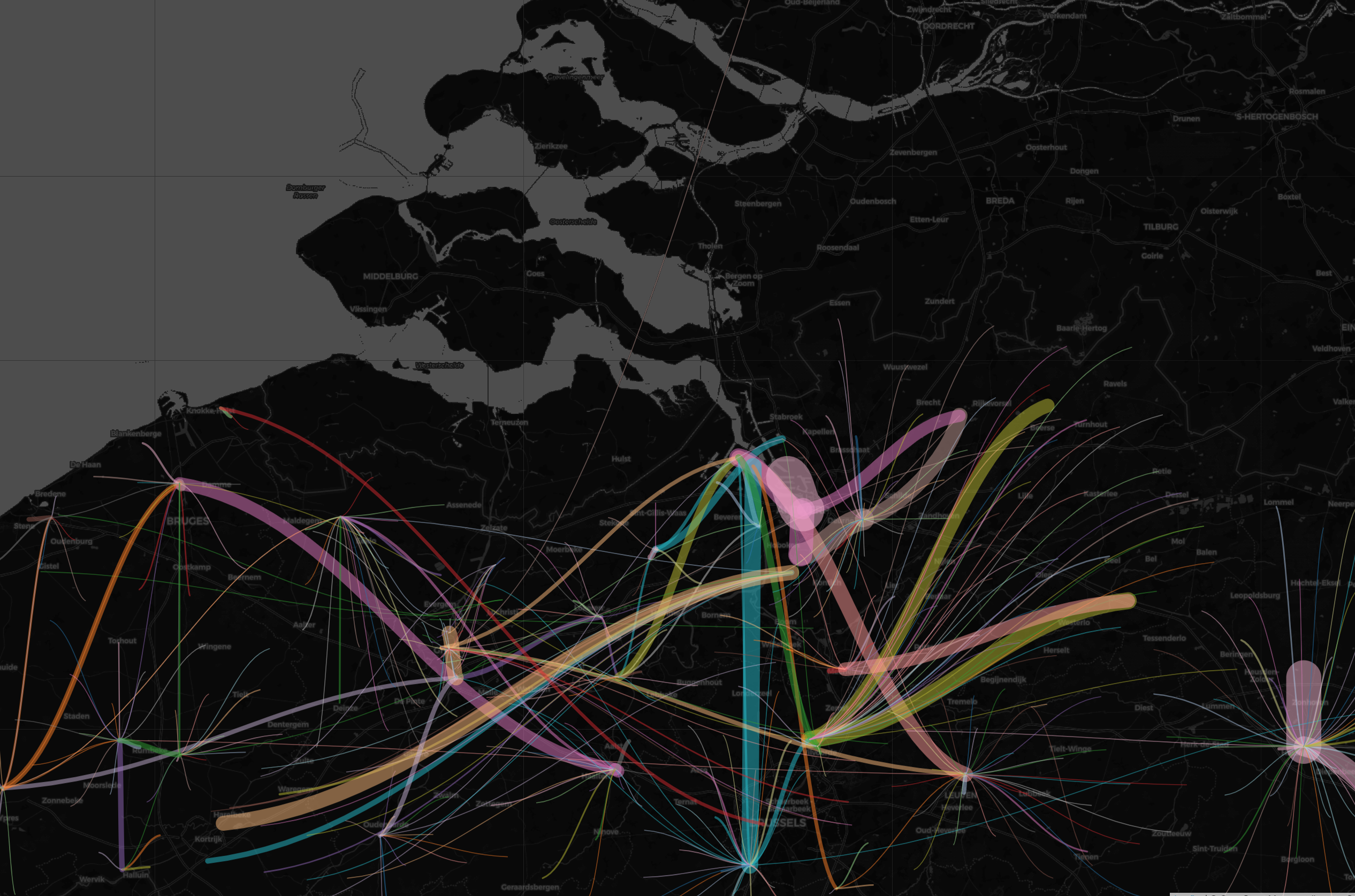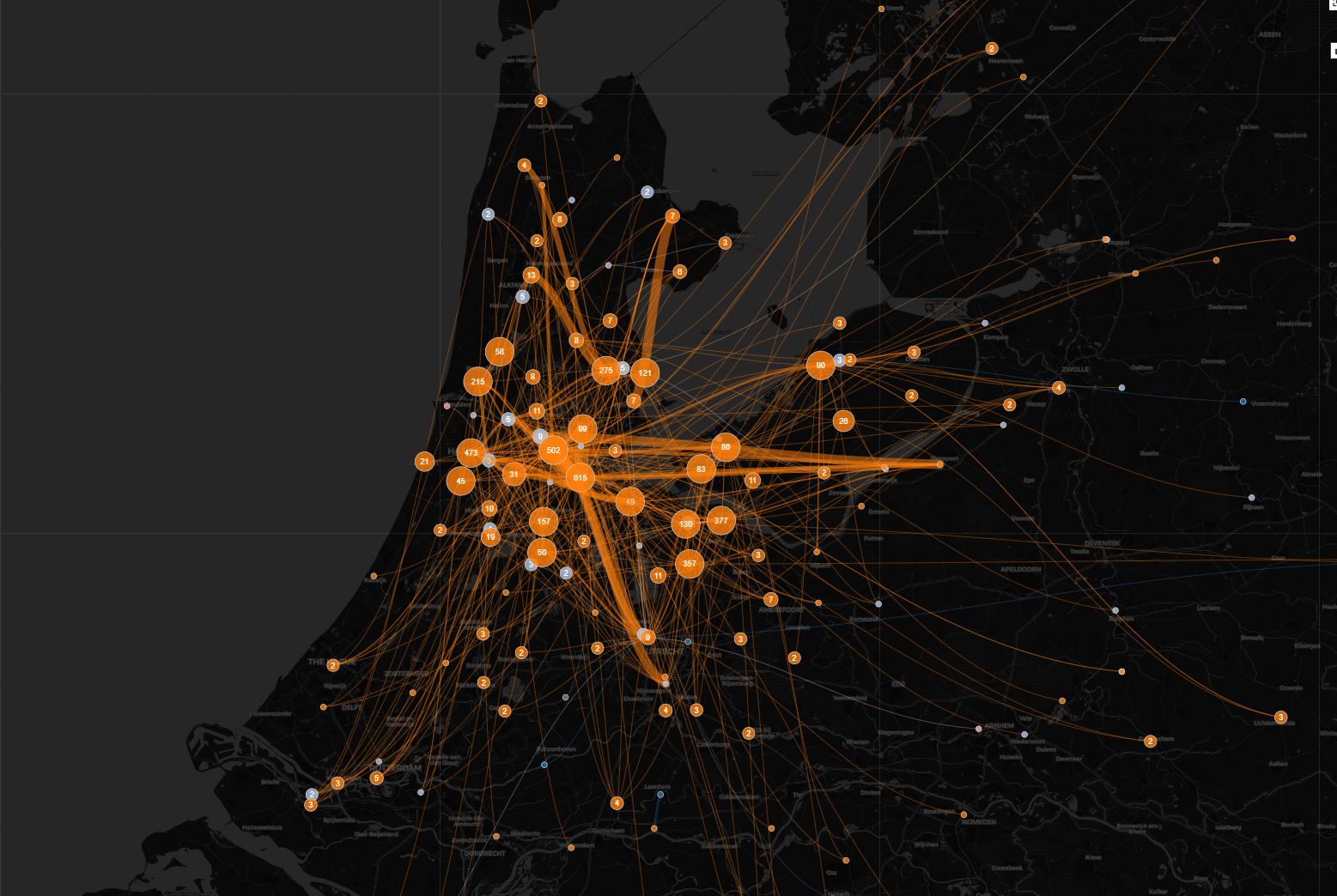Large Ambitions for the Circular Economy
The European Green Deal has laid out an ambitious roadmap in which economic growth is decoupled from virgin resource extraction. The Circular Economy Action Plan (CEAP) released on the 11th of March, 2020, emphasizes that half of total greenhouse gas emissions stem from resource extraction and processing. Therefore, achieving Europe’s climate-neutrality target by 2050 “is not possible” without transitioning to a fully Circular Economy. Being a supranational document, the CEAP has significant implications for national, regional and local policies throughout Europe. A number of cities and regions have already announced their own circularity ambitions and strategies, many others will soon follow now that the EU Commission has mandated that cities and regions should prepare plans to make “the best use of EU funds” which rely on a multitude of statistics and datasets.
Waste data
Waste statistics play an important role in circular economy monitoring as they provide insights into the remaining linear part of the economy. At present, no nation has a complete selection of the technologies required in order to achieve material circularity. Collaboration between the EU countries is therefore essential to ensure sustainable circular supply chains. A successful reuse of resources is highly dependent on the reliable and transparent flows of information along with the flows of resources themselves. Moreover, the Circular Economy’s positive impact on the environment and society can only be validated with enough supporting data.
Save the date
On the 24th and 25th of May 2022 we will be hosting a conference to enable contributors from across Europe to share best practices, inspire each other and ensure that we accelerate the transition to a Circular Economy.
The organization of this conference is a direct result of a joint effort by scientific bodies and the Dutch Government. TU Delft and Rijkswaterstaat (the Dutch Ministry of Infrastructure and Water Management) are convinced that partnership is a key factor in eventually reaching a Circular Economy. This collaboration should not end at our borders: all EU-member States must collaborate in the transition to a Circular Economy.
Considering registration or co-operation?
Are you working on the collection or application of waste data for a University or National Government? Then you should definitely consider joining us at the Conference on the 24th and 25th of May 2022! Registration and attendance at the Conference are free of charge, though places are limited so sign up via the Registration page on this website soon.




